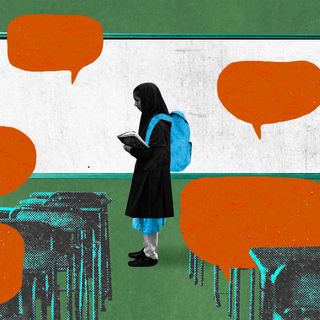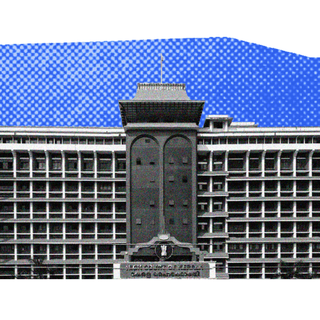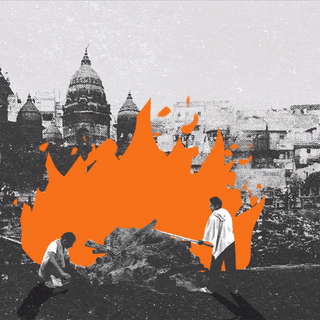It is the fundamental right of trauma survivors to talk about their experiences in the pursuit of healing, the Patiala House Court in New Delhi ruled last week.
The court was hearing a matter pertaining to the sexual harassment endured by Samdish Bhatia, a former employee of the Delhi-based digital media company, ScoopWhoop. The alleged perpetrator is Sattvik Mishra, former CEO of the company, who resigned earlier this year, citing “personal reasons.”
In the meantime, Whoopscoop Media Pvt. Ltd., which owns ScoopWhoop, approached the court seeking a temporary injunction against Bhatia — or, pretty much anyone else — from “writing, speaking, content creation, publishing, republishing, circulating, carrying out any reports or articles or posts or reporting of any kind” pertaining to the matter. Their argument hinged on such content potentially “damag[ing] the reputation of the plaintiff company and also hamper[ing] the fair [i]nquiry.”
Additional Civil Judge Preeti Parewa, who was hearing the matter declined Whoopscoop’s plea. She noted that “Expression of a victim’s trauma or experience is his/her fundamental right. [sic]” In a world where survivors of sexual assault and harassment are often intimidated into silence, the present judgment sets an important precedent.
Related on The Swaddle:
Same‑Gender Sexual Harassment Is Covered By POSH Act: Calcutta HC
Moreover, in the process of healing, self-expression can serve as a coping mechanism for many to process their trauma — by talking about it, or joining support groups, among others — experts say.
“Writing about thoughts and feelings that arise from a traumatic or stressful life experience — called expressive writing — may help some people cope with the emotional fallout of such events… [W]riting helps people to organize thoughts and give meaning to a traumatic experience [or even] enable them to learn to better regulate their emotions,” an article on Harvard Health Publishing states, adding that writing can help “someone break free of the endless mental cycling more typical of brooding or rumination [and can lead] indirectly to reaching out for social support that can aid healing.”
As such, restraining trauma survivors from talking about their experiences may interfere with their healing process. By recognizing survivors’ expression of traumatic experiences they endured as their fundamental right, the judgment serves to recognize and safeguard their process of healing.
The court added that the right can be restricted only if its exercise falls under: “libel, slander, defamation,” “contempt of court,” “offen[sive in terms of] decency or morality,” or “undermines the security or tends to overthrow the state.” In the present instance, it didn’t. And so, no injunction can be granted, the judge noted.




